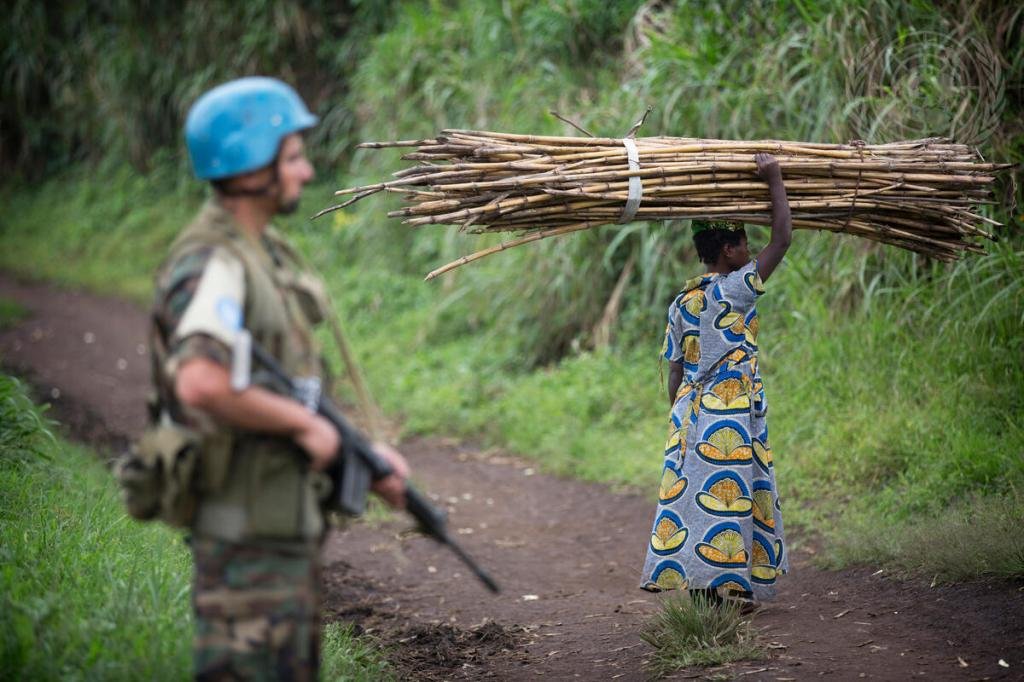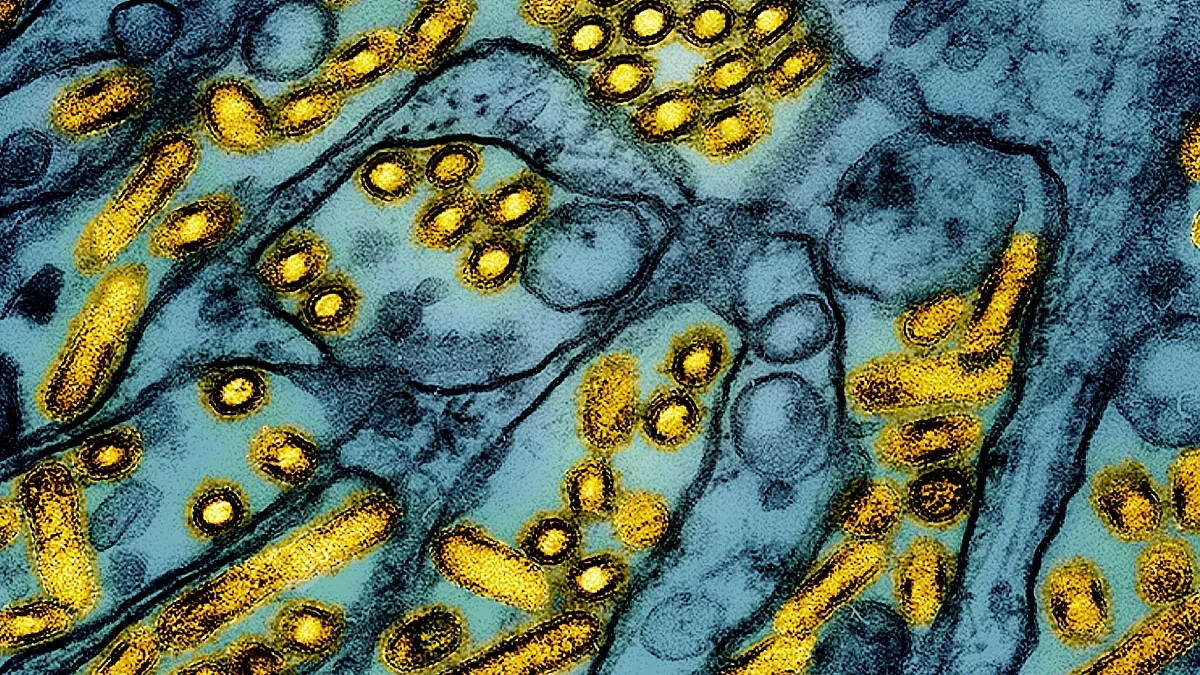The World Health Organization (WHO) is facing criticism for compensating victims of sexual abuse and exploitation by its officials in Congo during the Ebola outbreak with a payment of $250. Critics argue that the amount is inadequate, providing only temporary relief for victims who endured significant harm.
The compensation, termed a “victim survivor package,” was given to at least 104 women who reported instances of sexual abuse or exploitation. However, the amount falls short of addressing the long-term consequences of the abuse and is less than a single day’s expenses for some U.N. officials working in the Congolese capital.
To receive the compensation, victims were required to complete training courses intended to help them start “income-generating activities.” This condition has sparked discomfort, with critics asserting that it sets uncomfortable conditions for victims seeking help.
The WHO’s approach appears to circumvent the U.N.’s policy of not paying reparations by including the compensation in what it terms a “complete package” of support. However, the total compensation provided to victims amounts to about 1% of the WHO-created “survivor assistance fund” for victims of sexual misconduct, primarily in Congo.
The WHO has acknowledged the need for more support, especially as many Congolese women who were sexually abused have still received nothing. A confidential document revealed that about a third of the known victims were “impossible to locate,” and nearly a dozen women declined the WHO’s compensation offer.
Critics, including Paula Donovan from the Code Blue campaign, have described the compensation approach as “perverse” and expressed concern about tying financial assistance to income-generating activities training.
The WHO has struggled to hold perpetrators of sexual abuse and exploitation accountable in Congo, particularly during the Ebola response. Despite efforts to share information with Congolese authorities about alleged perpetrators linked to the WHO, concerns persist about the effectiveness of disciplinary actions and the level of trust in the organization.
Victims of sexual abuse and exploitation in Congo have emphasized the importance of justice and accountability over monetary compensation. The WHO has acknowledged that it hasn’t done enough and expressed a commitment to consult survivors directly about their further support needs.
The controversy surrounding the compensation highlights broader challenges faced by international organizations in addressing sexual misconduct within their ranks and ensuring meaningful support and justice for victims.



